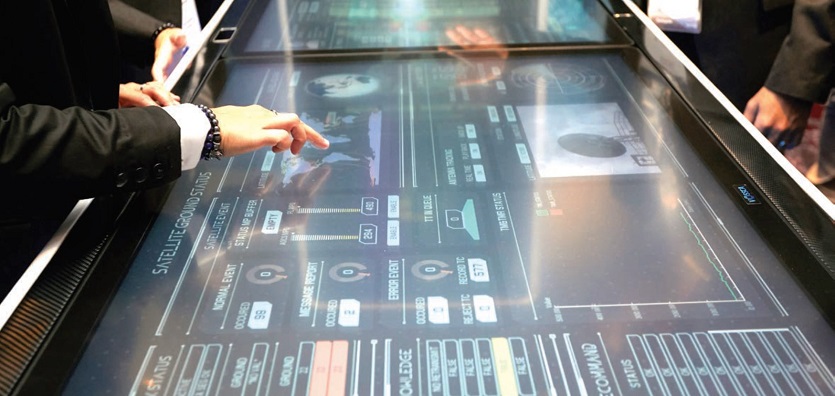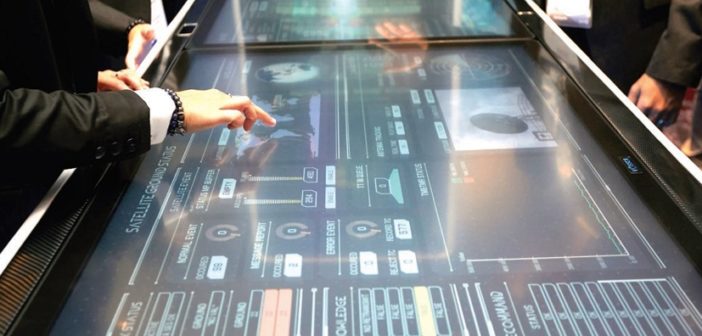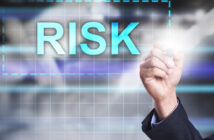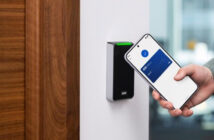
 Comparisons of the Apollo Guidance Computer (AGC) with our modern IT inevitably brings to attention the relatively primitive technology that put man on the moon. That an iPhone is millions of times faster and more powerful than the AGC adds to our appreciation the incredible engineering feat achieved with a 64kByte memory, and the relentless pace of technological development encompassed in Moore’s Law.
Comparisons of the Apollo Guidance Computer (AGC) with our modern IT inevitably brings to attention the relatively primitive technology that put man on the moon. That an iPhone is millions of times faster and more powerful than the AGC adds to our appreciation the incredible engineering feat achieved with a 64kByte memory, and the relentless pace of technological development encompassed in Moore’s Law.
At the Global Space and Technology Convention (GSTC, Sheraton Hotel Singapore 2-3rd February 2018), world’s leading companies in Space technologies, including Airbus and Thales Alenia Space presented the take-up of Artificial intelligence, BlockChain, Machine Learning and Big Data Analytics in the Space Technology sector.
Not surprisingly, Cyber Security, was also an important area of focus.
Dr Alexander Ling, Principal Investigator, Centre for Quantum Technologies, National University of Singapore, The “Future of Unhackable Data” introduced the role of Micius satellite in shaking up the field of cryptography.
But “why should we care?” he asked.
Reliability of an encryption approach requires unhackable keys – a problem which Quantum technology is deemed to exacerbate on one hand, but able to solve on the other.
Breaking mathematical encryption schemes is extraordinarily difficult today but with powerful computers, reverse-engineering the keys is perceived as a near-term reality and less of a theoretical discussion.
Arguably “hackability” can be mitigated with a larger key size, provided that keys are distributed with maximum security. So, how can key negotiation protocols (short of a physical transport) be designed to ensure that only intended parties have them – that is, no eavesdropper has copied the key during its distribution?…Click here to read full article.






